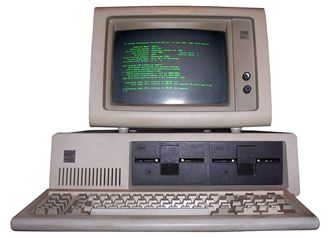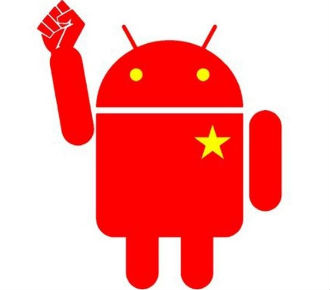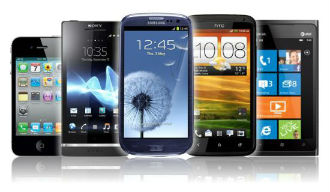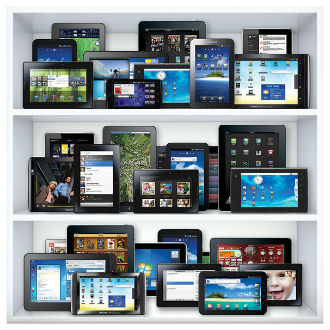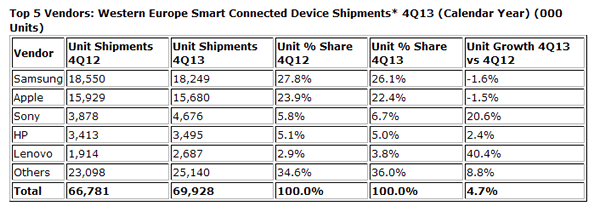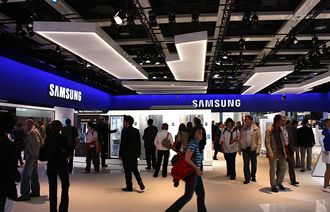 As we have been expecting for some time, Apple is pulling away from manufacturing its chips with Samsung and having TSMC make them.
As we have been expecting for some time, Apple is pulling away from manufacturing its chips with Samsung and having TSMC make them.
According to the Wall Street Journal, TSMC has shipped its first batch of microprocessors to Apple.
The move is being seen as Apple punishing Samsung for daring to compete against it and means that TSMC has supplanted Samsung Electronics as Apple’s chief chipmaker for iPhones and iPads.
The business relationship between Apple and Samsung will continue as Jobs’ Mob will continue to rely on the Korean electronics giant for some of its microprocessors.
Prior to the TSMC deal, Samsung was the exclusive supplier of Apple’s microprocessors since the very first iPhone launched in 2007. Jobs’ Mob has also been trying to find other people to make its screens.
The Tame Apple Press is rubbing its paws with glee with Business Insider saying that all this could not have come at a worse time as Samsung has already been feeling the effects from the slowdown in sales.
We are not sure it thought that comment through, because the same problem is applying to Apple too.
There are a few flaws in the WSJ story. Firstly it is not clear how many microprocessors TSMC has shipped to Apple and given that it is the first batch we would not have thought it to be that many.
Secondly “sources said” the chipmaker has begun manufacturing Apple’s processors with its “advanced 20-nanometer manufacturing technology”.
It also said that the pair are testing next-generation microprocessors on a 16-nanometer process that will be used in “large scale” next year. This gives a better clue as to what Apple is doing.
Samsung spent $22 billion last year making it the biggest spender, capital investment-wise in the process improvements. It is about a year behind TSMC in actually making products.
TSMC has a 20 nm process ready and the 16 nm node is expected to be taped out late this year (Q4 2014) or very early next year (Q1 2015). Rather than punishing Samsung, Apple appears to have made a pragmatic technology decision which will give it 20nm and 16 nm technology before anyone else. Then, by the time Samsung has caught up, it will have to bid alongside Intel and TSMC at a cheaper rate.
This is assuming of course that TSMC does not have some other process improvement up its sleeve.
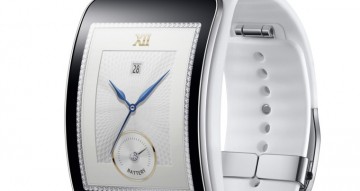 Samsung has opened the kimono in its new Tizen based watch which has a curved 2-inch Super AMOLED display.
Samsung has opened the kimono in its new Tizen based watch which has a curved 2-inch Super AMOLED display.





